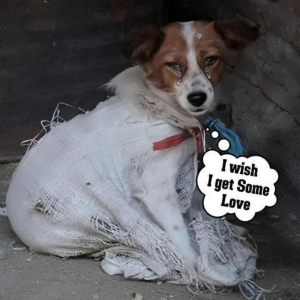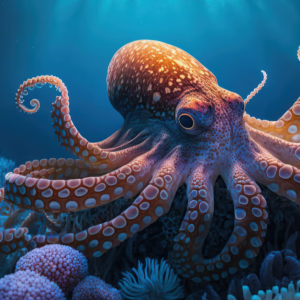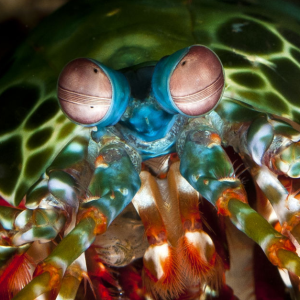A North Yorkshire zoo is celebrating the birth of a critically endangered Sumatran tiger cub, bringing hope for a species with fewer than 400 individuals left in the wild.
The cub, just five days old, was born at Flamingo Land Zoo near Kirby Misperton and is already charming visitors with its peaceful demeanor and tiny yawns.

This adorable cub is the fourth Sumatran tiger to be born at the zoo, and its arrival has been particularly significant after the mother, Surya, suffered a miscarriage earlier in the year. The zoo’s manager, Ross Snipp, expressed excitement about the new addition, stating that the cub looks “very strong.”
He added, “We would not normally make this announcement so early, but we are so proud of our work in this field that we wanted to give as many children as possible the chance to see him or her before the schools return.”

Flamingo Land Zoo has been working to support the conservation of Sumatran tigers, a sub-species found only on the Indonesian island of Sumatra.
Surya and the cub’s father, Bawa, joined the zoo seven years ago to contribute to conservation efforts.
The pair previously had triplets in 2014, showcasing their vital role in boosting this rarest tiger species’ population.

Sumatran tigers are unique not just because they are critically endangered but also because they are the smallest tiger sub-species, measuring up to 8 feet when fully grown—around 2 feet shorter than the more common Bengal tigers.
Thanks to webbing between their toes, they are known for their narrow stripes and impressive swimming ability.
The birth of this cub is a beacon of hope for a species that has seen its numbers decline dramatically from around 1,000 in the 1970s.

Threats to their survival include habitat loss and poaching, with their skins and body parts fetching high prices on the black market.
As this tiny cub enjoys time with its mother in a secure tiger den, visitors to Flamingo Land Zoo can share in the joy of this remarkable new life and the zoo’s ongoing commitment to preserving the Sumatran tiger for future generations.






